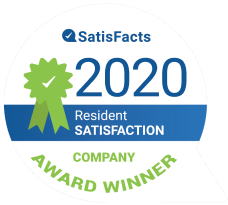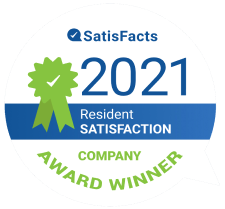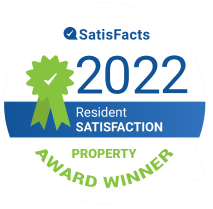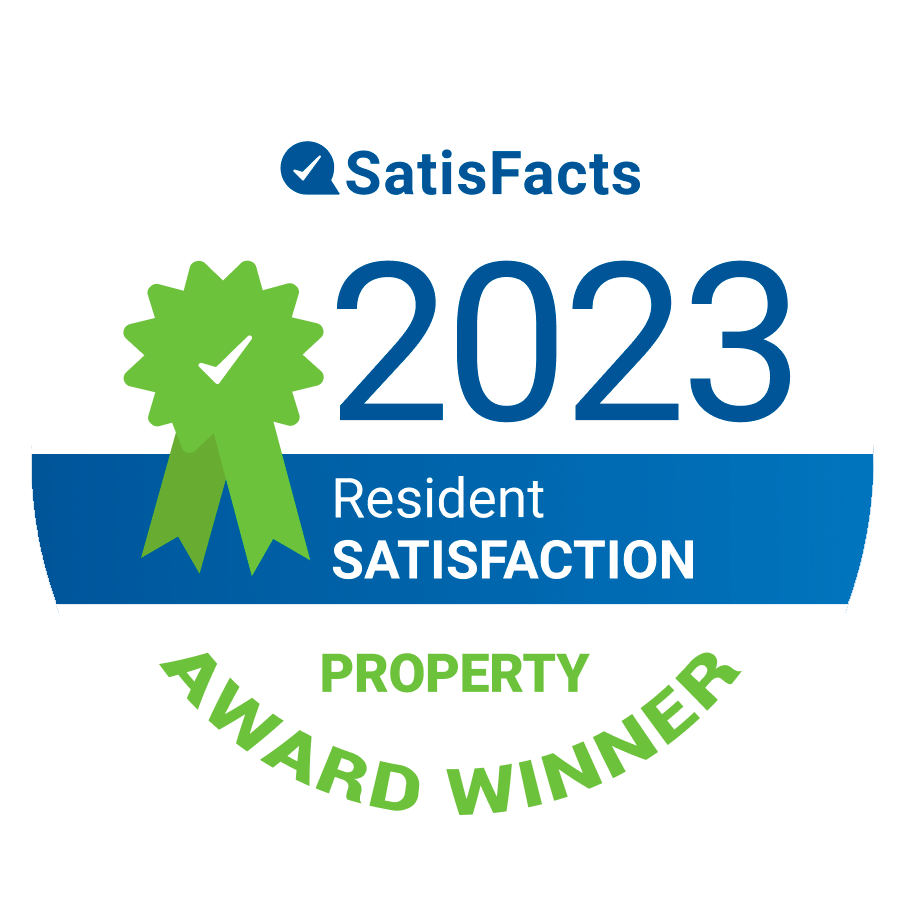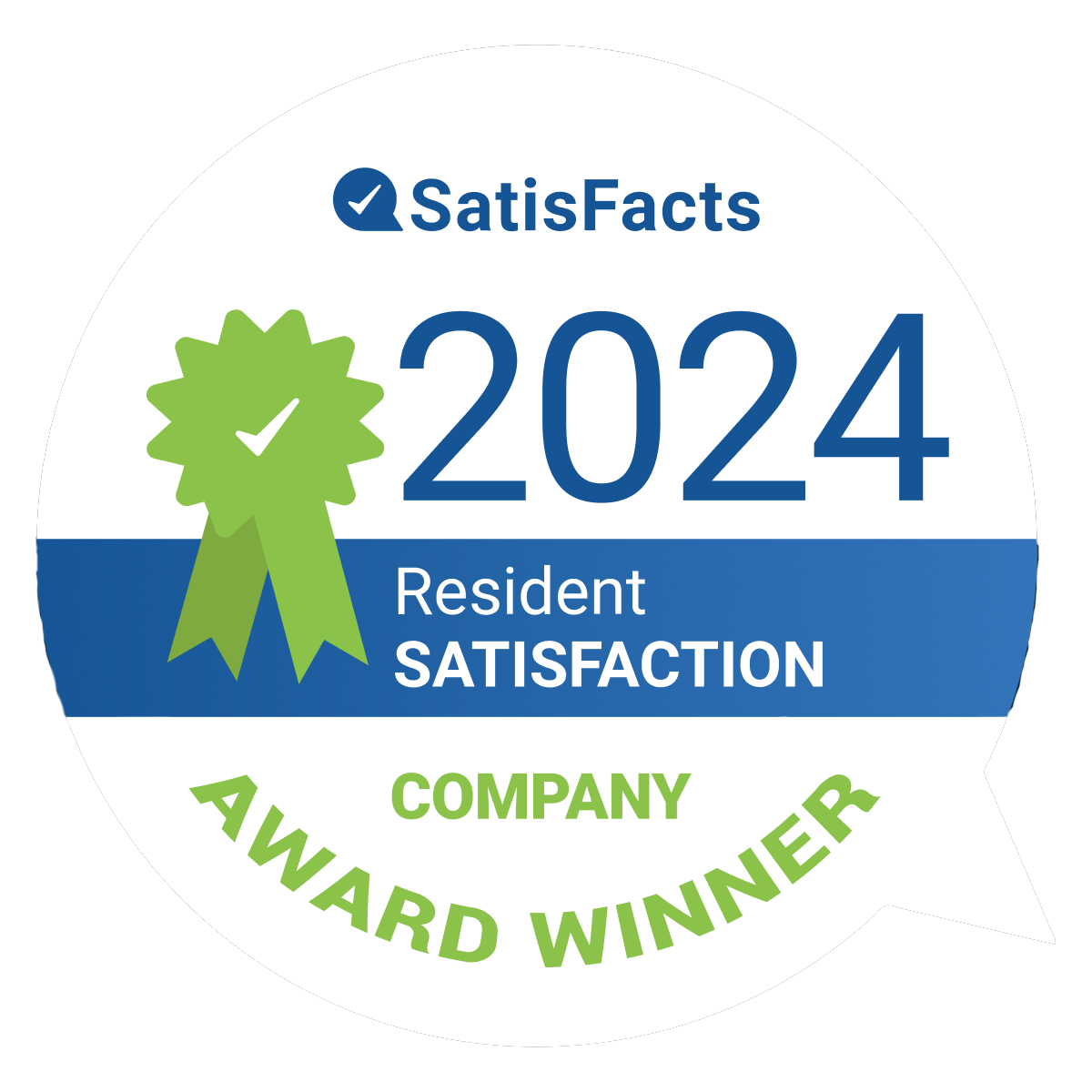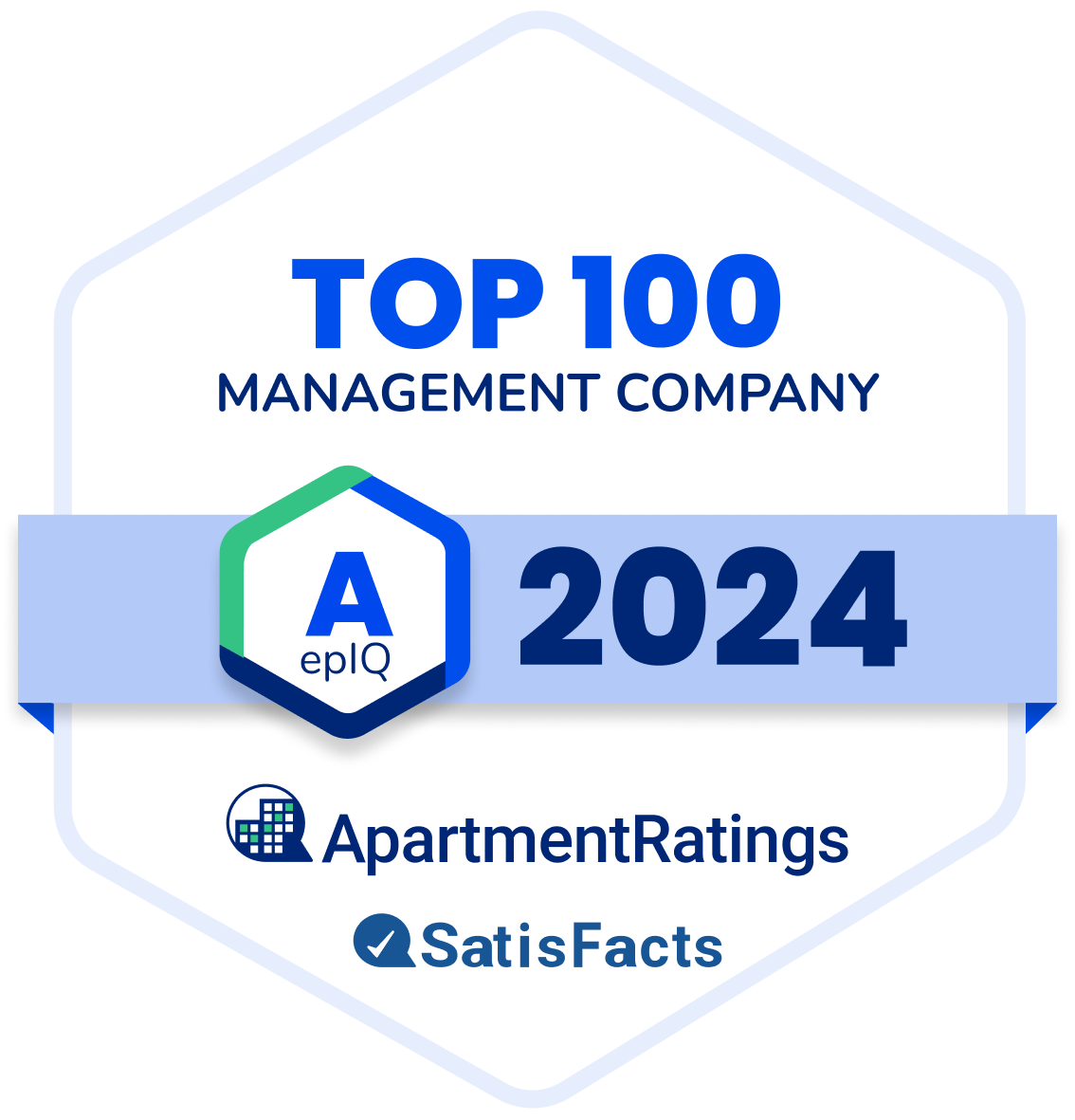
When it comes to investing in multifamily property a key factor to consider is the property’s reputation – what current and past residents are saying about the complex. After all, these are the property’s customers who have lived there and have first-hand experience with the day-to-day operations and management.
At Leasington, we have built an automated tool that allows us to take the 20 most recent Google online reviews and pull them into a word cloud to provide clients a quick high-level summary view what’s going on at the property.
What is a Word Cloud?
A word cloud is a visual representation of the most frequently used words in a set of text data. By looking at a word cloud, you can quickly see the major issues that people are mentioning about the apartment community.
Understanding the Reviews – Negative Words
It’s important to note that people often write reviews when they are unhappy with the apartment quality, the managers, or maintenance. This is because they want to make their voice heard and share their dissatisfaction with others. However, it is important not to dismiss a comment as “just one review.”
For every person who posts a review, there may be many others who have had the same experience but haven’t taken the time to post. This is why word clouds of reviews can be so valuable – they give you a quick glance at the major issues that many residents may be experiencing, even if they haven’t all written reviews.
For example, if you see that the word “maintenance” is prominently featured in a word cloud of reviews for a particular apartment complex, you can be sure that many residents have had issues with the maintenance staff or the speed at which maintenance requests are addressed. Similarly, if the word “manager” or “management” appears frequently, you may want to dig deeper and find out what kind of experiences residents are having with the complex’s staff.
Case Study: Leasington Property Zocalo Apartments in Houston
A property that has a great reputation with its residents is a treasure and is often the result of caring management consistently applied over time. As an example, the word cloud for our property Zocalo in Houston, Texas shows an obvious contrast with the word cloud of the troubled property at the start of this article.
Zocalo’s word cloud shows that residents have a lot of affection for the property. This is one factor in the excellent rent growth the property has enjoyed leading the submarket in its property class in revenue gains over the last three years.

Zocalo Apartments: A Desirable Word Cloud Pattern
How to Create a Word Cloud: Ask Leasington or Make Your Own
Leasington would be happy to make a word cloud for properties that you own or are considering purchasing in Houston, Texas, but if you would like to try your own hand at word cloud creation, here are two handy resources in order of complexity. If you do try your own word cloud analysis, don’t forget to get enough reviews for your word set to be representative and remember to remove common words such as “apartment” and similar non meaningful words.
Word Cloud API – Available through RapidAPI
- This is an API to add a word cloud feature to a software system and it includes nice Javscript and HTML example code should you wish to venture in.
Limitations of Word Clouds
It’s important to remember that word clouds of reviews are not a replacement for property managers reading and replying to every review and fixing the issues. They are simply a tool to give investors and owners a quick snapshot of the “voice of the residents” and where the management needs to focus. The management team needs to take the time to read and respond to reviews and take steps to address any issues that residents are bringing up.
Knowing the Reality of the Property Before You Buy
In conclusion, Leasington has seen that using word clouds of reviews can be a helpful tool for investors and owners looking to buy or improve an apartment project. They provide a quick and straightforward way to see the major issues residents are experiencing and show where the management needs to focus its attention.

